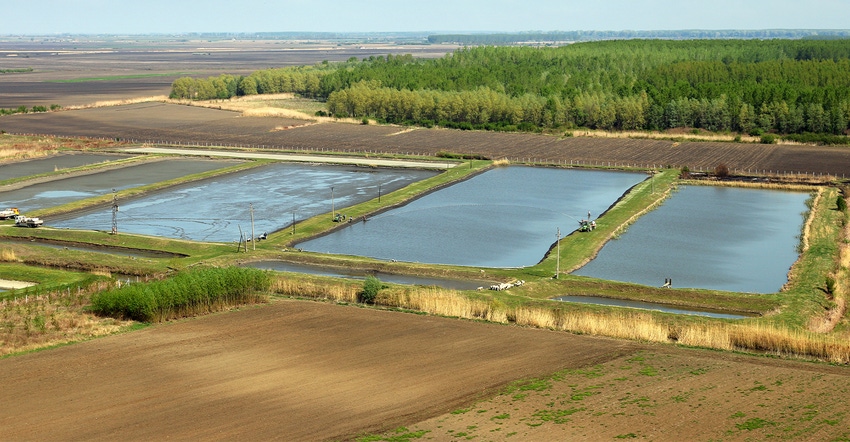January 14, 2020

Use of biologicals is rising in a number of areas in agriculture. In corn processing, the technology has been in use for decades. Recently, Green Plains and Novozymes announced a new partnership that combines biologicals with new processes to ramp up protein content in animal feed.
“Our biological products have a role to play in developing more premium feed products,” says Brian Brazeau, vice president for bioenergy commercial; and president, North America, Novozymes. “Our product is a complement to a process that Green Plains already has.”
Todd Becker, president and CEO, Green Plains, explains that his company has come up with a process that can mechanically separate and isolate the highest-value parts of the corn kernel. “The technology that we’re putting in, basically, will push the protein level for the finished product to 50%. It’s at 30% now,” he says. “We hope with Novozymes, we can increase that level to perhaps 60%."
Becker explains that his company had already been using Novozymes enzyme products in its processes, but Green Plaines talked with Novozymes about biological solutions to raise the protein levels and create a functional protein that could be sold as a commodity. “It’s an exclusive partnership. We mechanically separate the product, and they take it from there,” Becker says.
It’s that marriage of the mechanical separation and biological solution that can boost the protein level of the finished feed, Becker says. And the target market for that higher-value, corn-based feed is aquaculture.
Brazeau says that ethanol has added value to agriculture and provided new opportunities in the ag value chain. “It’s another market for farmers to sell corn into, and we have been looking for ways to add more value to this industry and come up with higher-protein dried distillers grains," he says.
Collaboration value
The partnership will bring together the processing know-how and global distribution of Green Plains’ business with Novozymes’ experience in microbiology. The aim is to create a diverse range of value-added products that results in functional proteins.
The biological solutions from Novozymes will be combined with Green Plains’ first high-protein production facility and Optimal Aquafeed’s aquaculture laboratory in Shenandoah, Iowa. The aim is to create an end-to-end innovation platform for aquaculture.
Becker notes that the aquaculture industry has turned to soybean meal as a key protein source, but his company sees an opportunity for the new higher-value corn product it can create through its technology and the Novozymes tech.
“We’ve been looking at aquaculture for a while,” Becker says. “We have an algae development program in the company, feeding algae protein to fish in the past. We’ve always stayed interested in this — and we teamed up with a group that owns Optimal Fish, and we formed Optimal Aquafeed for the sport market.”
Aquaculture is a growing business around the world, Becker points out, adding that meeting the rising protein needs is a market opportunity. Becker notes that fish are a more efficient converter of feed, producing 1 pound of meat for about 1.2 pounds of feed. He adds that the industry is growing fast in China and Southeast Asia, where there’s a rising need for protein.
Brazeau adds that the partnership will extend Novozymes’ reach into the ag supply chain “as our biological solutions will touch a much larger portion of the animal feed market.”
The companies plan to implement the partnership in the first quarter of 2020.
About the Author(s)
You May Also Like






